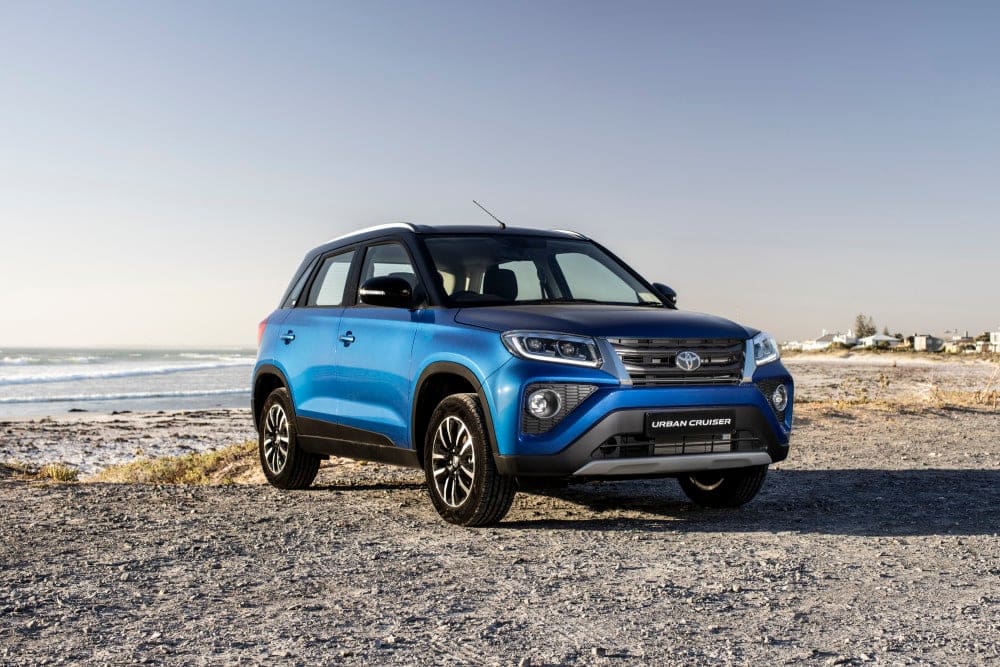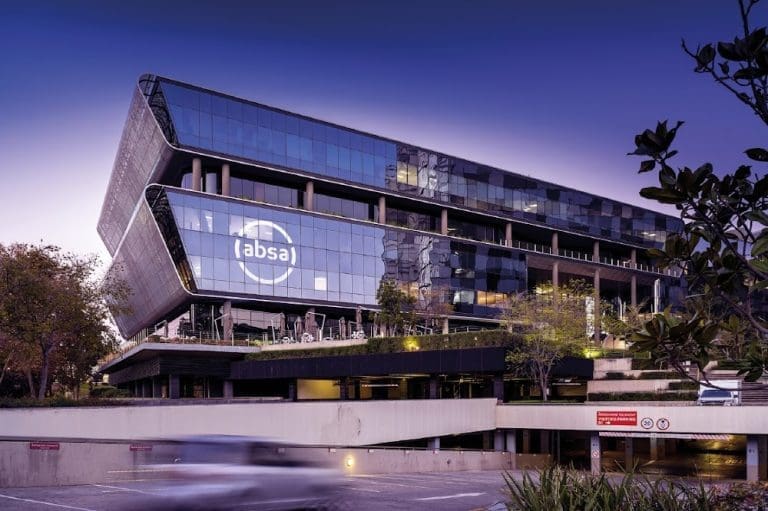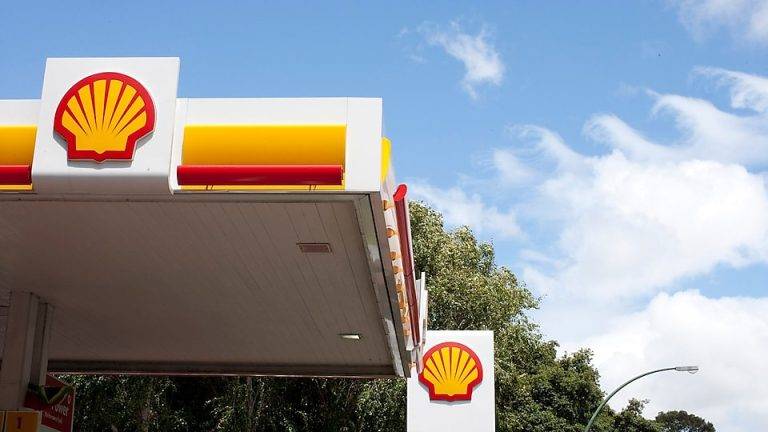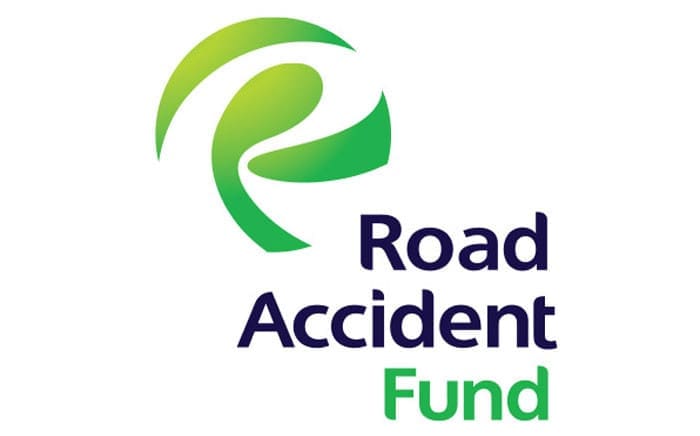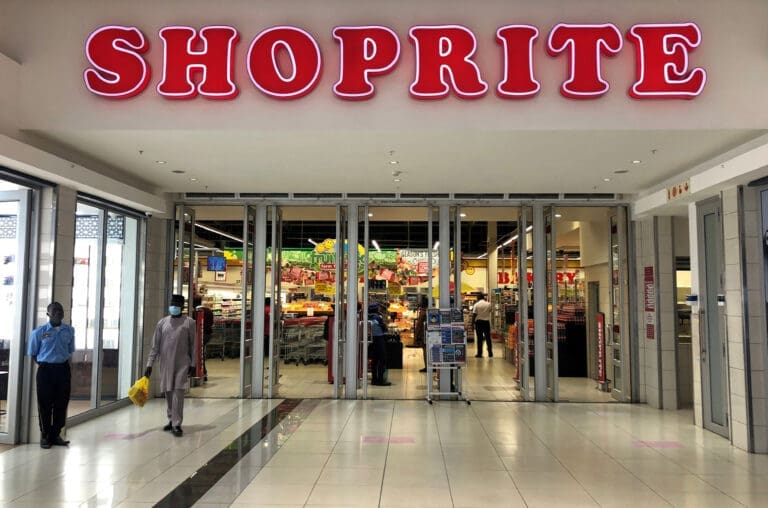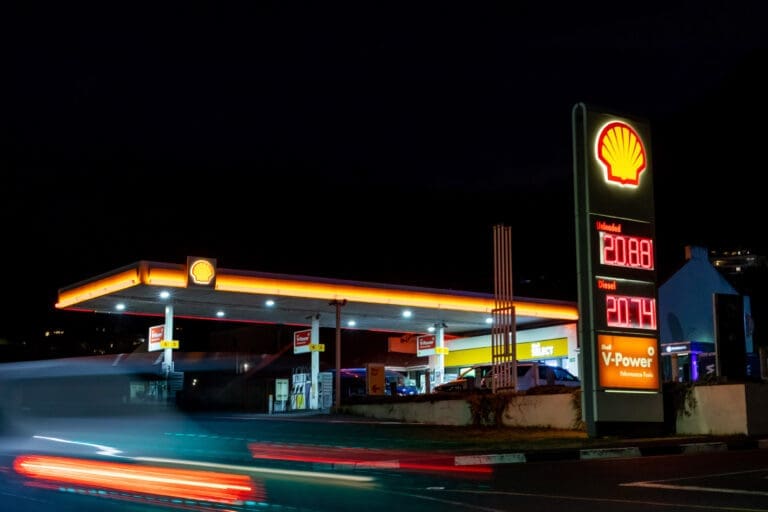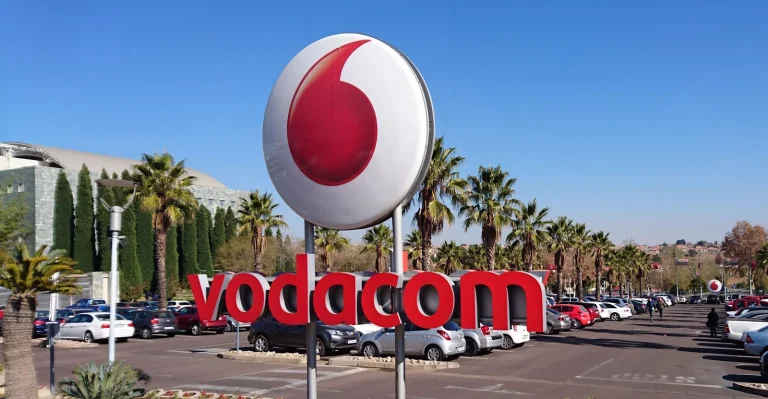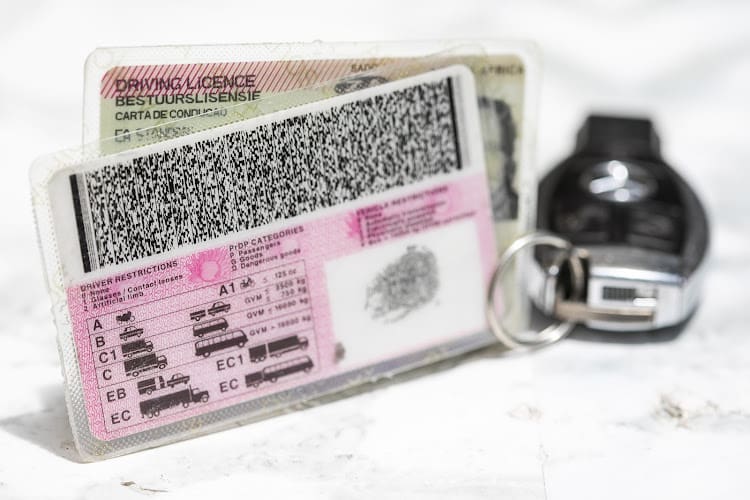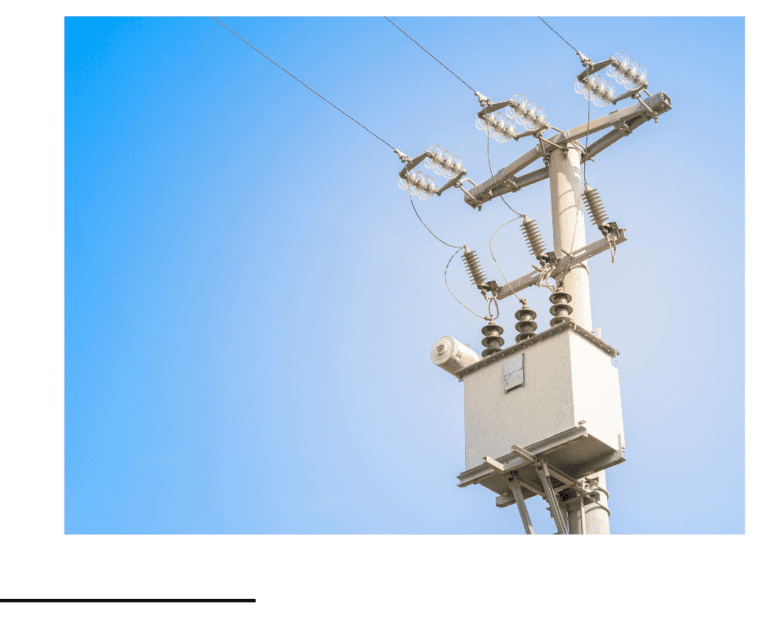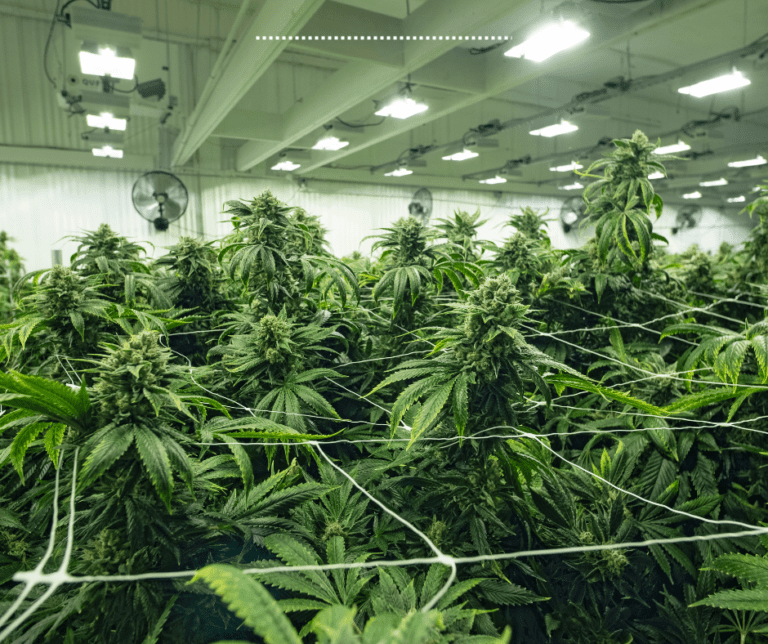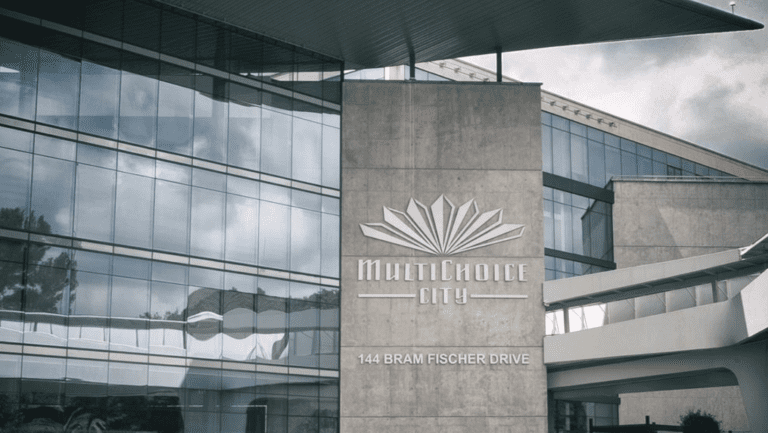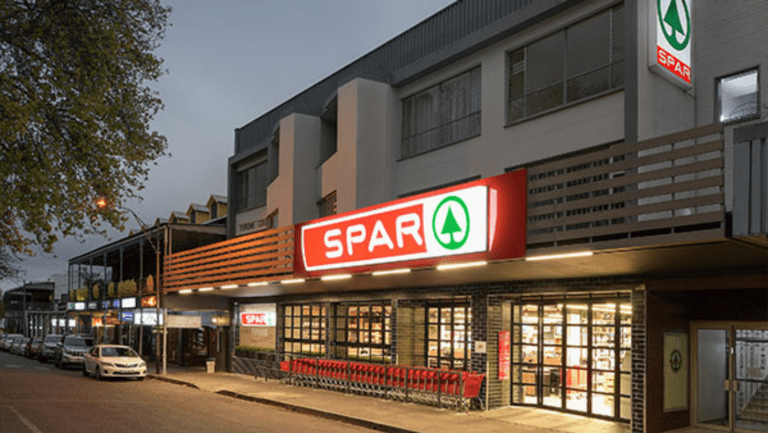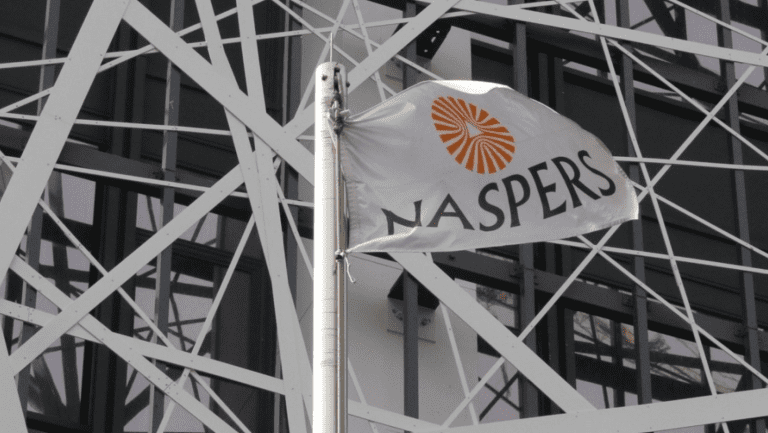In a market characterized by economic challenges, rising living costs, and fluctuating exchange rates, the South African automotive industry is experiencing significant shifts in consumer preferences. The latest data from the National Association of Automobile Manufacturers of South Africa (Naamsa) reveals that imported vehicles are dominating the landscape, with affordable hatchbacks and crossovers leading the charge. Among these, the Suzuki Swift stands tall as the reigning champion. In this article, we delve into the latest insights from Naamsa’s New Vehicle Sales statistics for September 2023, providing a comprehensive overview of the evolving dynamics in the South African automotive market.
Sales Slump Amid Economic Pressures
The Naamsa New Vehicle Sales statistics for September 2023 have painted a concerning picture for the South African automotive industry. The data indicates a year-on-year decline of 4.1%, marking a cumulative decline of 13% since July. Several factors are contributing to this slump, including fluctuations in the exchange rate, rising fuel prices, and increased energy costs.
Notably, passenger cars have borne the brunt of this decline, with September sales in this segment plummeting by 8.4% to 29,669 units. Lebo Gaoaketse, Head of Marketing and Communication at WesBank, expressed concern about this trend, stating, “The fact that there are now two consecutive months of strain, September seemingly bigger than August, provides some measure of concern for new vehicle sales.” Gaoaketse believes that a combination of economic pressures, including fuel prices, inflation, restricted income growth, and the energy crisis, has eroded consumer and business confidence, making potential buyers wary of making new vehicle purchases.
Importing Affordability
Given the rising cost of living and the latest findings from TransUnion’s Vehicle Pricing Index (VPI), it is no surprise that many of the top imported vehicles in South Africa fall into the budget-friendly crossover and hatchback categories. TransUnion’s VPI data reveals that the prices of new vehicles have been outpacing inflation, increasing by an average of 6.7% in the second quarter of 2023. Furthermore, TransUnion predicts that these price hikes will continue in the coming months.
Among the different vehicle body types, medium SUVs and hatchbacks experienced the most significant price increases at 7.4% in the second quarter of 2023 compared to the same period in the previous year. Other year-over-year price increases included small SUVs (6.8%), premium and hybrids (6.6%), crossovers (6.4%), and electric vehicles (3.1%).
Declining Affordability for Entry-Level Buyers
One particularly noteworthy finding from TransUnion’s VPI is the declining affordability for entry-level car buyers. The report indicates that the percentage of cars – both new and used – being financed for less than R200,000 dropped to 19% in the second quarter of 2023, down from 21% in the same period in 2022. This decrease is attributed to the rising average purchase price of new vehicles, leaving potential buyers with limited options in this price range. In fact, this marks the lowest point for this price band since TransUnion began tracking VPI data in 2011.
Conversely, the data shows that 28% of vehicle financing deals were for cars priced between R200,000 and R300,000, and a staggering 53% of buyers opted for cars over R300,000. These statistics reflect the increasing cost of vehicles, which has left consumers with little choice but to spend more for a reliable vehicle. In the used vehicle market, consumers have turned to older cars to meet their needs, contributing to a shift in buying preferences.
“The average loan size for Q2 2023 increased from R370,000 to R390,000 year-over-year, reflecting shifts in both new and used vehicle pricing and changes in buying preferences,” notes the TransUnion report. More than 30% of newly financed vehicles now comprise SUVs, indicating a growing preference for this category among consumers.
The Reign of the Suzuki Swift
Despite the challenging economic climate and rising vehicle prices, some cars have managed to stand out in the South African market. Naamsa’s sales data reveals the most imported vehicle in the country in 2023 is the Suzuki Swift, with over 13,000 units brought in so far this year. Its affordability, practicality, and fuel efficiency have made it a favorite among South African motorists.
Toyota also features prominently in the list of top imported vehicles, with the entry-level Urban Cruiser coming in second place. Approximately 1,800 units are sold each month, resulting in a total of more than 12,800 units imported in 2022. The third spot is occupied by another Toyota model, the Starlet, with nearly 10,000 units sold as of September 2022.
Other popular imported models include VW’s T-Cross, Renault’s Kwid, and two Hyundai models – the Venue crossover and the Atos hatchback. Additionally, the Haval Jolion, Mahindra Scorpio, and Kia Picanto have also gained popularity among local car buyers.
The Top 10 Best-Selling Imported Cars in South Africa
Here is the list of the top 10 best-selling imported cars in the South African market, based on Naamsa’s sales data:
- Suzuki Swift
- Toyota Urban Cruiser
- Toyota Starlet
- VW T-Cross
- Renault Kwid
- Hyundai Venue
- Hyundai Atos
- Haval Jolion
- Mahindra Scorpio
- Kia Picanto
These vehicles’ popularity reflects the changing preferences of South African motorists, who are increasingly looking for affordability, fuel efficiency, and practicality in their choices. In a market where economic pressures are reshaping the automotive landscape, these imported vehicles are helping consumers find the right balance between their budgets and their transportation needs.
As the South African automotive market continues to evolve, it’s clear that the top imported cars are at the forefront of this transformation, offering solutions to budget-conscious consumers in an increasingly challenging economic environment.


